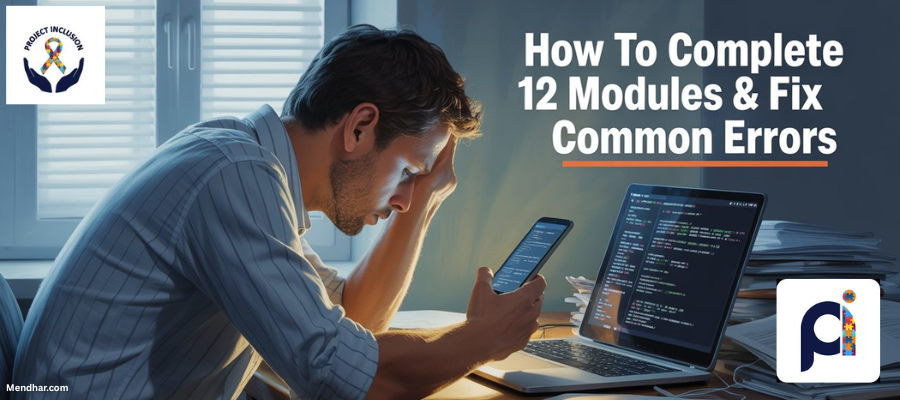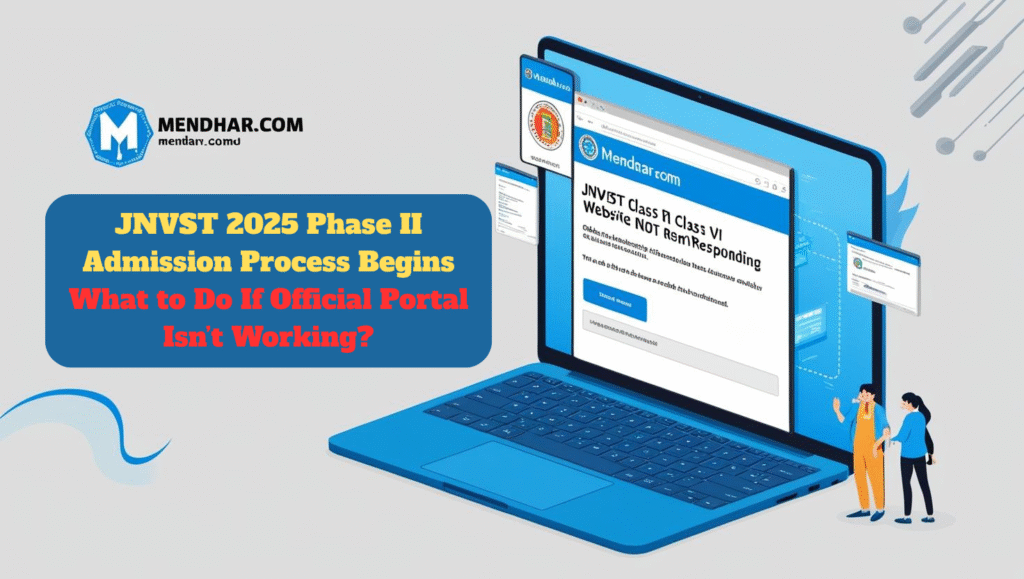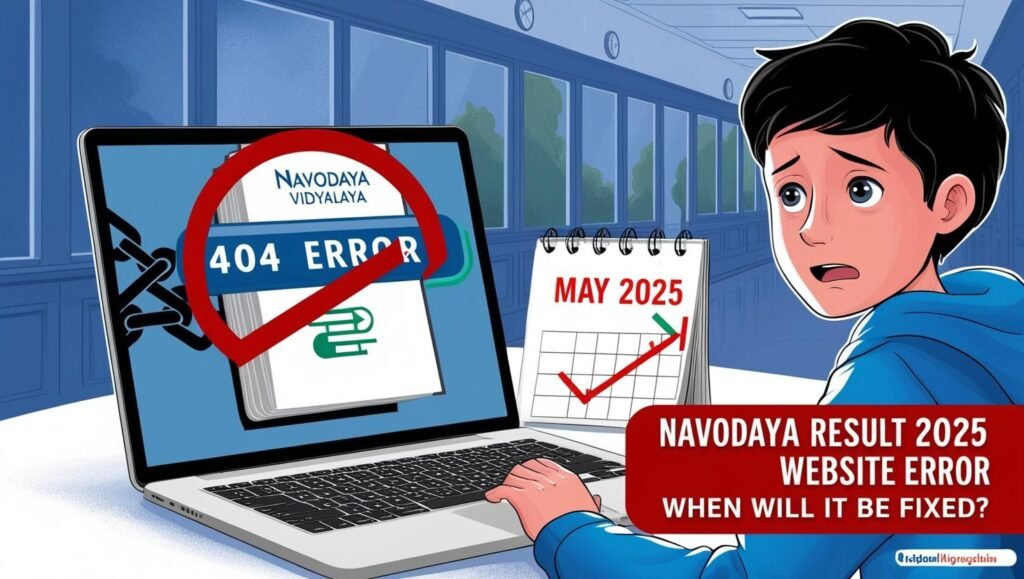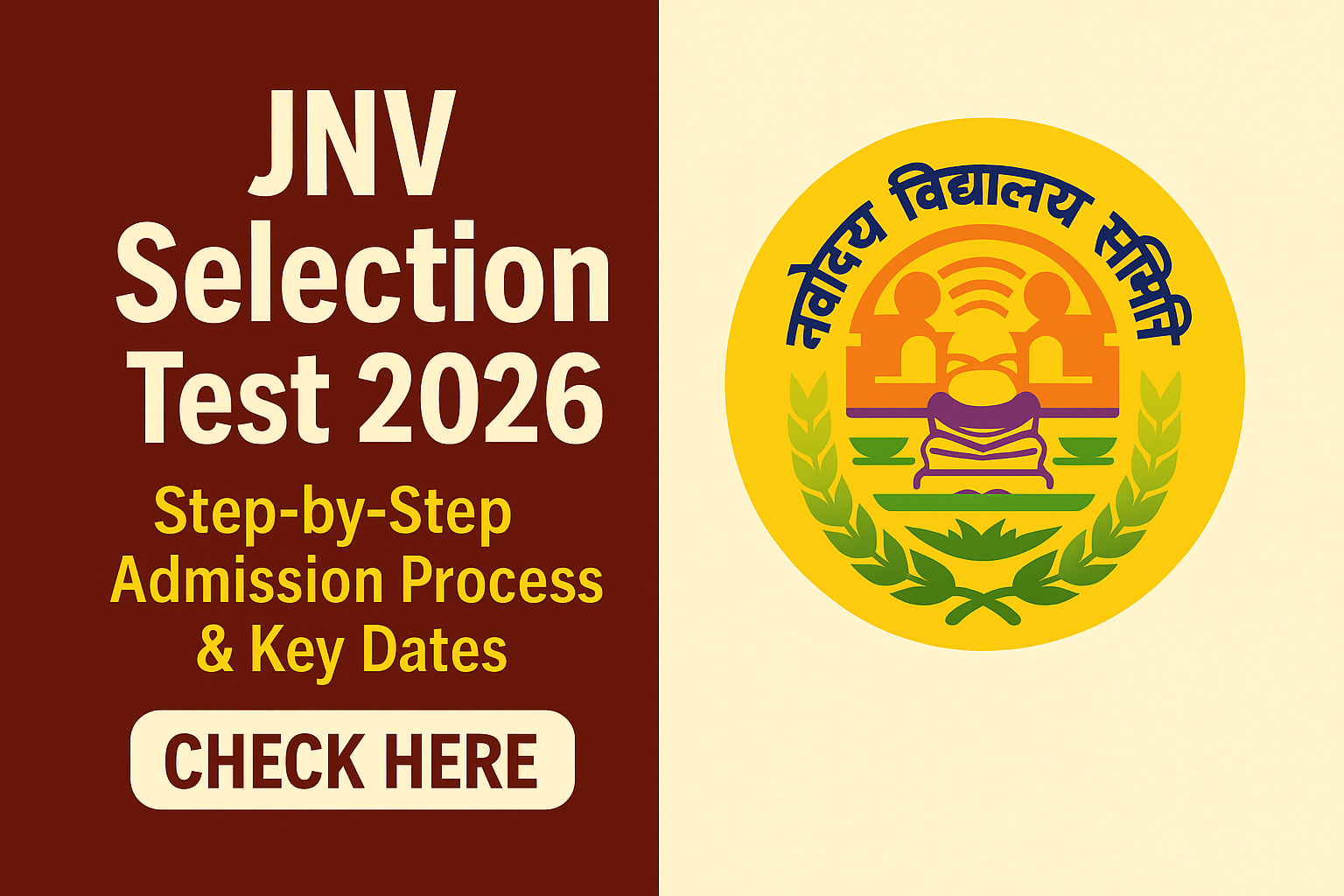UPS vs NPS: Which Pension Scheme is Best for Government Employees?
UPS vs NPS: Which Pension Scheme is Best for Central Government Employees? The Indian government has introduced the Unified Pension Scheme (UPS) as an alternative to the National Pension System (NPS) for Central Government employees. But which scheme is better—UPS or NPS? In this detailed comparison, we’ll analyze the benefits, drawbacks, and key differences between UPS and NPS to help you make […]
UPS vs NPS: Which Pension Scheme is Best for Government Employees? Read More »










